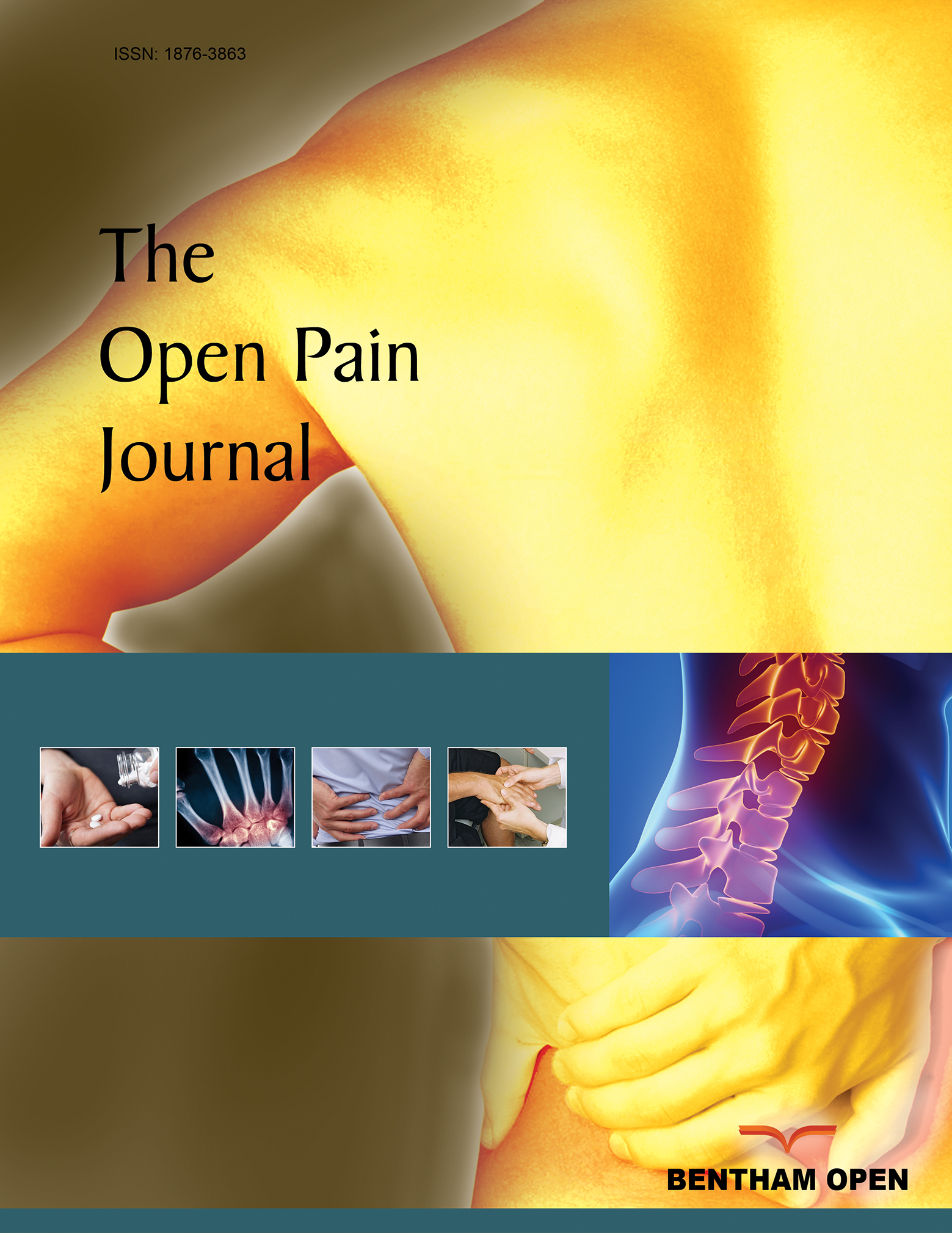All published articles of this journal are available on ScienceDirect.
Pregabalin in Neuropathic Pain Related to DPN, Cancer and Back Pain: Analysis of a 6-Week Observational Study
Abstract
Background: Neuropathic pain is associated with many conditions. Pregabalin has demonstrated efficacy in randomized, controlled trials (RCTs) in peripheral and central neuropathic pain. Observational studies complement findings from RCTs by enabling an agent to be studied in real-world patients and circumstances.
Methods: Patients with neuropathic pain were treated with pregabalin 150-600 mg/day in this 6 week observational study.Analyses of subsets of patients with painful diabetic peripheral neuropathy (DPN; n=4633), back pain with a neuropathic component (n=3800), and cancer-related neuropathic pain (n=345) were undertaken.
Results: The mean pregabalin doses ranged from 219 to 250 mg/day across the disease groups. Mean baseline pain scores (6.4 to 7.0 across the three disease states) indicated patients had moderate to severe pain. Pregabalin was associated with a rapid and significant reduction in pain from week 1 to endpoint in all groups. Over 80% in each of the groups had a ≥30% pain reduction in their pain at 6 weeks, and over two-thirds had a ≥50% reduction. Pain-related sleep interference decreased rapidly and significantly. Most patients (87%) were either very satisfied or satisfied with the action of pregabalin. General well-being improved significantly over the 6 weeks. Pregabalin was generally well tolerated; the most common adverse event overall was dizziness (1.4%). Few patients (≥6.1%/group) discontinued due to adverse events.
Conclusions: In neuropathic pain patients in day-to-day practice, pregabalin was associated with notable reductions in pain and sleep interference. The benefits of pregabalin were reflected in the high level of patient satisfaction and improvement in general well-being.


